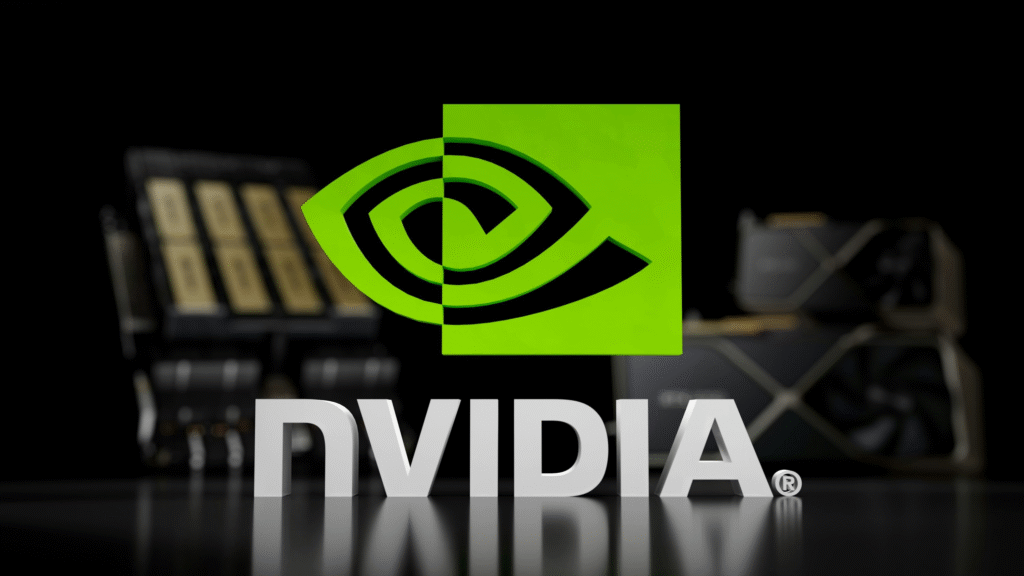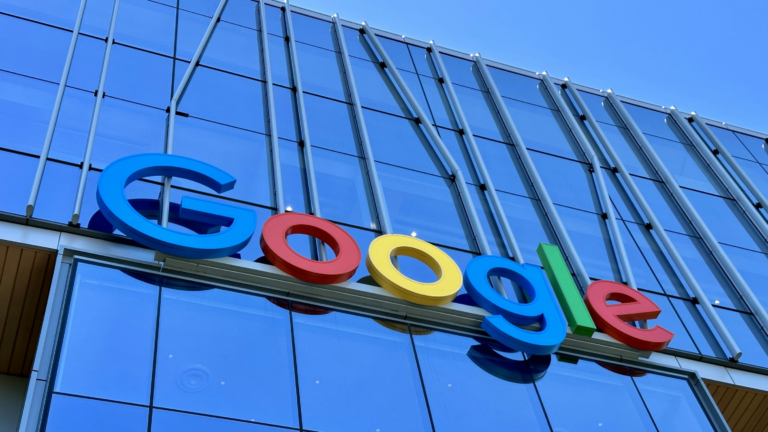In the rapidly changing world of technology, few names shine as brightly as Jensen Huang, the CEO of Nvidia. This month, Huang is all set to attend the Asia-Pacific Economic Cooperation (APEC) CEO Summit in South Korea. The event will bring together some of the most powerful global leaders, top business executives, and decision-makers from across the world. The purpose is clear—to discuss how innovation, trade, and cooperation can help shape the future of the global economy.
According to a statement released by Nvidia on Sunday, Huang will meet “global leaders and top Korean executives” during his visit. His goal is not just to attend the event but to share how Nvidia is pushing the boundaries of technology through artificial intelligence (AI), robotics, digital twins, and autonomous vehicles. Nvidia said that Huang “will participate in activities to underscore NVIDIA’s work to advance technology and drive growth in Korea and worldwide through AI, robotics, digital twins and autonomous vehicles.”
The APEC CEO Summit will take place from October 28 to 31, running alongside the annual APEC Leaders’ Summit. This larger meeting brings together heads of state from 21 member countries of the Asia-Pacific Economic Cooperation group. These gatherings play an important role in discussing global trade, economic growth, sustainability, and digital transformation.
This year’s summit holds special importance because it is happening at a time when AI is becoming the center of global technological competition. Nations are racing to develop faster chips, smarter machines, and more powerful computing systems. And Nvidia, the world’s leading AI chipmaker, is at the heart of this revolution.

Huang’s visit to South Korea is expected to include meetings with major technology firms such as Samsung Electronics and SK Hynix—two of the biggest names in the semiconductor industry. Both companies are essential to the world’s AI infrastructure as they manufacture the memory chips used in powerful data centers. These chips are what help AI systems like ChatGPT, self-driving cars, and robots process massive amounts of information at lightning speed.
Although Samsung declined to comment and SK Hynix was not immediately available for a response, it is widely believed that the discussions between Huang and these Korean companies will focus on partnerships that could shape the future of AI hardware. With Nvidia already leading in the development of graphics processing units (GPUs) used in AI systems, stronger cooperation with memory chip makers could lead to even greater advancements in computing performance and efficiency.
For South Korea, hosting the APEC CEO Summit is also a moment of pride. The country has long been known for its cutting-edge technology, from smartphones to semiconductors, and it continues to play a central role in the global tech supply chain. With AI growing at an unprecedented pace, leaders like Huang attending the summit further emphasize Korea’s role as a hub for innovation.
Interestingly, Huang’s participation in the event also comes at a politically charged time. U.S. President Donald Trump recently confirmed that he will meet Chinese President Xi Jinping in two weeks during his visit to South Korea. Trump mentioned that the two leaders might even discuss the possibility of a new trade deal between the U.S. and China. This adds an extra layer of significance to the APEC gathering since it could influence not only business relations but also global economic policies.
For Nvidia, the meeting also provides a valuable opportunity to strengthen its global presence. The company has been on a remarkable journey over the past few years, growing from a gaming graphics firm into a trillion-dollar leader in AI computing. Its technology now powers everything from language models to self-driving cars, medical research, and industrial robots. Huang’s leadership has been a key factor in this transformation, and his visit to South Korea reflects his continued commitment to global collaboration.
In recent years, Nvidia has worked closely with companies in Asia to improve chip performance, develop new AI tools, and create digital twins—virtual models of real-world environments that can be used for research and development. By joining hands with Korean companies, Nvidia hopes to expand these efforts even further. Korea’s deep expertise in electronics and manufacturing, combined with Nvidia’s strength in AI computing, could create a powerful partnership for the future.
Moreover, Huang’s trip is seen as a way to show appreciation for Korea’s contribution to global technology. The country’s semiconductor industry is one of the strongest in the world, and without these essential memory chips, many AI systems would not function as efficiently as they do today. Huang’s meetings are expected to reinforce Nvidia’s respect for these partnerships and explore new ways to collaborate on future projects.
At the same time, the APEC CEO Summit will also be an opportunity for leaders to discuss pressing global issues beyond technology. Climate change, digital transformation, and equitable growth are expected to be major themes. The discussions are likely to focus on how AI and automation can be used responsibly to solve real-world problems—such as improving healthcare, reducing carbon emissions, and creating smarter cities.
While the details of Huang’s schedule have not been made public, his appearance has already generated excitement within the global tech community. Many see this as a sign that Nvidia is continuing to strengthen its global leadership role. By participating in such an important international event, Huang is not only promoting Nvidia’s work but also sending a message that technology must serve humanity’s broader goals.
As AI becomes more powerful and more deeply connected to our daily lives, gatherings like the APEC CEO Summit remind us that cooperation, understanding, and shared innovation are key to progress. Huang’s attendance symbolizes a future where nations and companies come together to push boundaries and create technologies that make life better for everyone.
In the end, Jensen Huang’s visit to South Korea is more than just another business trip. It’s a reflection of how technology connects people and nations. It’s a reminder that while machines may get smarter, the true strength of innovation lies in human collaboration.








